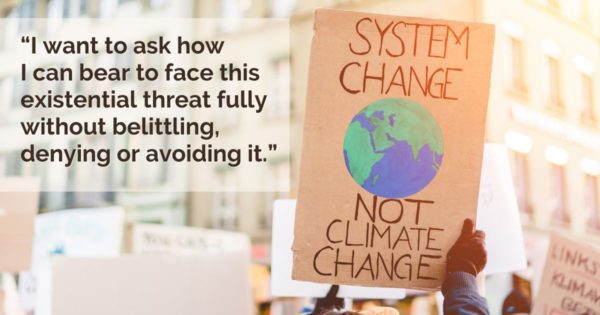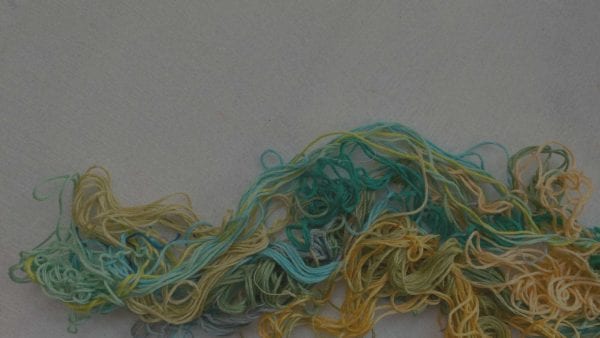Last week we wrote about nagging thoughts. Dana Ganihar had a further clarification: “I want to respond to something that is VERY obvious…but nevertheless: There is a difference between saying hello to nagging thoughts or feelings and between inviting a felt sense to form regarding those thoughts or feelings. It’s the same thing when we are companions: when I feel, for example, impatience, ‘just’ acknowledging it is not enough, I want to invite the felt sense to form, and this is what enables me to stay in Presence. It’s a subtle distinction, but I’ve realized it needs to be emphasized.”
Thanks, Dana! I agree!
When Being with the “Now” Feels Overwhelming
~~~~~~~~~~~~~~~~~~~~~~~~~~~~~~~~~~~~~~~~~~
A reader writes: “Due to a trauma history, when I have practiced Focusing, being with the “now” can produce some overwhelming feelings to the extent one at times needs to push this experience (felt sense) away. Does this distancing oneself from the moment create an obstacle to the relationship in Focusing for future practice? Does this format create a running away relationship with overwhelming feelings in most situations?”
Dear Reader,
Encountering overwhelming feelings is an absolute obstacle to Focusing. We simply can’t Focus when we’re feeling “too much.” In fact, we can’t even get a felt sense!
What something in you is pushing away at those times is not a felt sense. Felt senses form only after we can be in Presence, and we can make an inviting space for the forming of a whole sense of a situation.
So if you sit down to do Focusing, and what happens is that overwhelming feelings come, that must be addressed first. Nothing like Focusing can happen until something shifts in the “overwhelming” nature of those experiences.
I’m going to suggest that pushing away the feelings is–though understandable–probably not the best thing that can happen at that point. I think you’re right, that pushing away our own experiences leads to a wearing down of inner relationship. The next time we try Focusing, it becomes even harder to convince the inner places that we want to be with them. They say back, “We don’t trust you.” And they’re right!
We need some way of addressing the experience of being overwhelmed… and not by pushing feelings away. Also not by putting up with feelings and allowing them to take us over. Did you know there was a third way?
Indeed there is. The third way is to cultivate being in Presence. When I’m in Presence I can acknowledge the feelings AND I can acknowledge something in me feeling scared of being overwhelmed by the feelings. I take time to feel solidly in my seat or, if I’m standing, to feel the groundedness of my body through my feet. I look around the room, to remind myself I am here now. I breathe.
Then I notice where in my body the intense feelings are coming, and I put a gentle hand there. I say, with my hand, “Yes I know you’re there, and I’m with you.” I also notice the feeling of something in me that’s scared of how strong those feelings are. “Yes, I know you’re there too.”
Then I don’t go anywhere. I don’t push, or try to make something happen. I just stay in contact like that, not pulling away and also not pushing. It helps to have a friendly Focusing partner to sit with me, who is saying back my words calmly and also not pushing or pulling.
“Do I Get a Second Chance?”
~~~~~~~~~~~~~~~~~~~~~~~~~~~~~~~~~~~~~~~~~~
The reader goes on to write: “How does one come back to do unfinished business when one realizes this may have been a missed opportunity to be with the moment?”
It’s never too late to come back into contact with what is here now! Just feel your body in the chair, be aware of your breathing, and sense into the inner area of your body: throat, chest, stomach, belly. Give a gentle invitation, like you’re saying, “What wants my awareness now?”
If at first you feel nothing, be patient. Maybe those inside places would like you to show that you are willing to be there, before they feel safe enough to come. Think of them as shy parts of you that are yearning for a better relationship with you. If you think of them that way, with compassion, it will be harder to push them away–because you know that’s not what they need.







